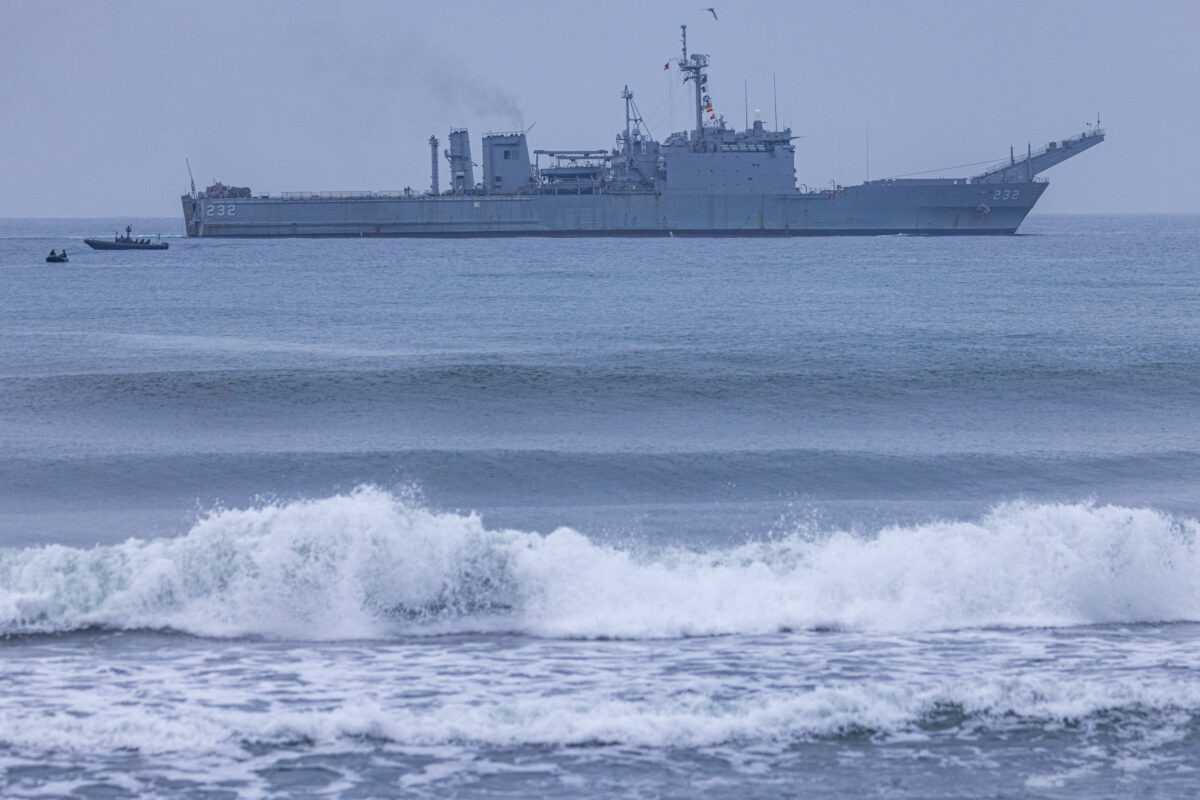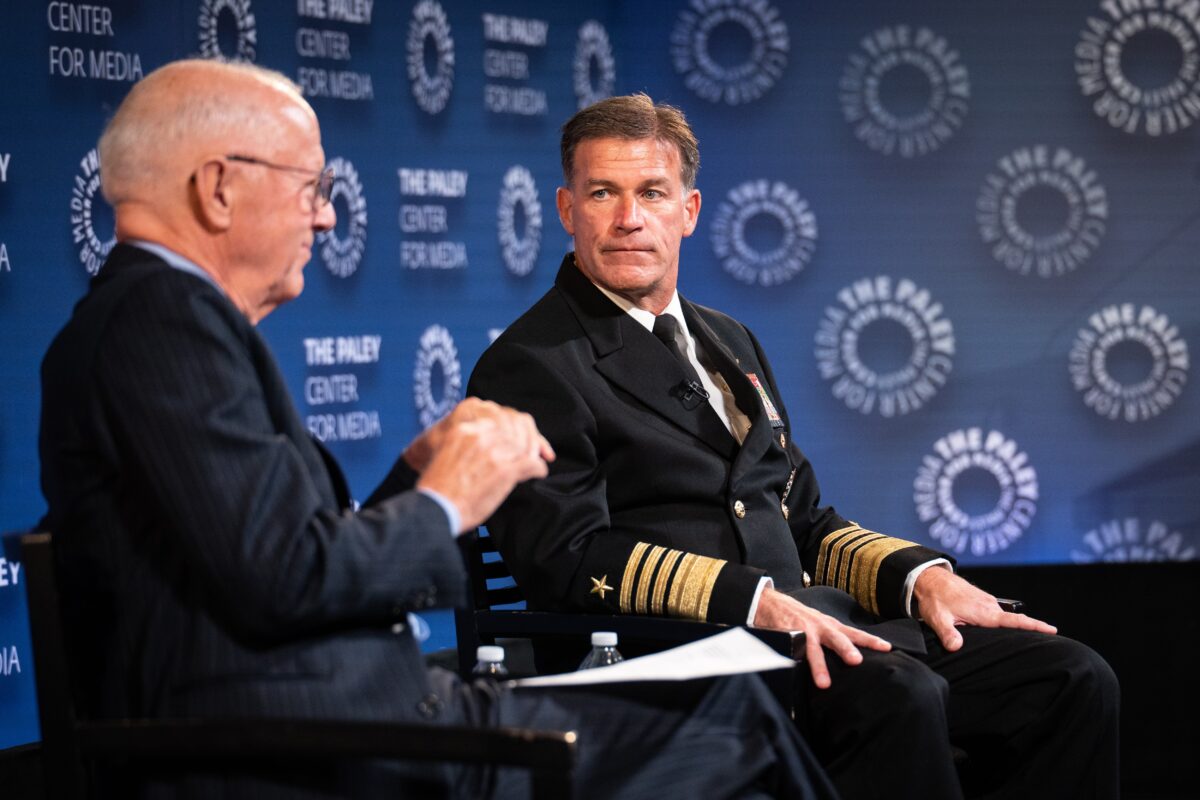
The United States is confident that it could win in a war defending Taiwan should China choose to mount an invasion, said United States Indo-Pacific Commander, Admiral John C. Aquilino.
“The United States does not choose to escalate, we are not being provocative. That said, I’m confident that we’d be able to fight and win wherever it went,” he said at a panel titled “Preserving a Legacy of Liberty and Peace in the Indo-Pacific” on May 23.
Aquilino, during the event hosted by the National Committee on United States–China Relations, said that Secretary of State Antony Blinken and President Joe Biden have tasked him with two missions.
“The first is to prevent this conflict, and then the second one is if I fail at mission one, to be ready and prepared to fight and win,” he told the attendees. “No matter when it happens,” he added, “the United States military is man trained, equipped, postured, and ready to execute both of those missions.”
A possible invasion from China of the democratically ruled Taiwan, which the Chinese regime has long eyed to take over, by force or not, has seemed increasingly possible since Russia’s attack on Ukraine in early 2022.
The tensions around the Taiwan Strait have continued to grow as Beijing escalates its threat campaign toward the island by sending missiles and warplanes close to the territory.


Last month, a record 91 Chinese aircraft and 12 naval vessels appeared around Taiwan as Beijing concluded its three-day military drills in response to Taiwanese President Tsai Ing-wen’s stopover in the United States. Dozens of the aircraft crossed the median line of the Taiwan Strait into the island’s air defense identification zone, the airspace that serves as a buffer outside its territorial airspace.
The Chinese military, during the drills, conducted simulated joint precision strikes on key targets in Taiwan and its surroundings, and the People’s Liberation Army (PLA) Eastern Theater Command declared that the Chinese troops are “ready to fight at any time” to “resolutely smash any form of Taiwan independence and external interference.”
Russia’s “illegal and illegitimate, unprovoked attack on Ukraine” has given the rest of the world a new view of how authoritarian regimes work, Aquilino said on Tuesday.
“The globe was woken up,” he said. “I think the rest of the global community has a view that authoritarian nations and the decision of one man—if he or she, man or woman, were to take that choice, it doesn’t matter what anyone else thinks.”
He warned that military aggression on Taiwan would cost the Chinese leader “blood and treasure,” and “the global community can be pulled together quickly when they disagree with actions taken in that fashion,” subjecting Beijing to global condemnation.
In March, Paul Freisthler, chief scientist at the Defense Intelligence Agency’s Directorate for Analysis, told the House Armed Services Committee that China is ahead of Russia in developing hypersonic missiles and may have tested an arsenal capable of hitting U.S. military bases in the Western Pacific.
Responding to concerns about the aggressive Chinese military buildup, Aquilino noted that the United States utilizes the entire joint force to deter military threats.
“If we were to, unfortunately, get any kind of conflict, for the United States, it’s the synchronization integrated efforts of the entire joint force undersea, on the sea, above the sea, in space and cyberspace. So if anyone were to choose to take on the United States, they’re going to get the full monty.”


While stressing that conflict with China is “not inevitable,” Aquilino noted that options to communicate with Beijing remain limited at the moment.
“One of those that’s critically important for me is that of communication, and it’s precisely for this reason that I’ve repeatedly requested to speak with my counterparts in the PLA,” he said. “It has yet to be approved.”
“There’s a technical connection in the defense telephone line that could be used. If there were an event, I can tell you, I would pick up the phone and dial. I’m not sure anybody would answer on the other side.”
Aquilino said that he has called for communication for two years without progress.
“I do believe establishing routine communication between our two militaries is critically critical to responsibly manage competition, to mitigate risks, and to avoid miscalculation,” he said. “I do not believe that engaging in an open and candid discussion should be used as a bartering chip.”
“The stakes today are too high, and the conflict costs would be too great.”




Discount Applied Successfully!
Your savings have been added to the cart.